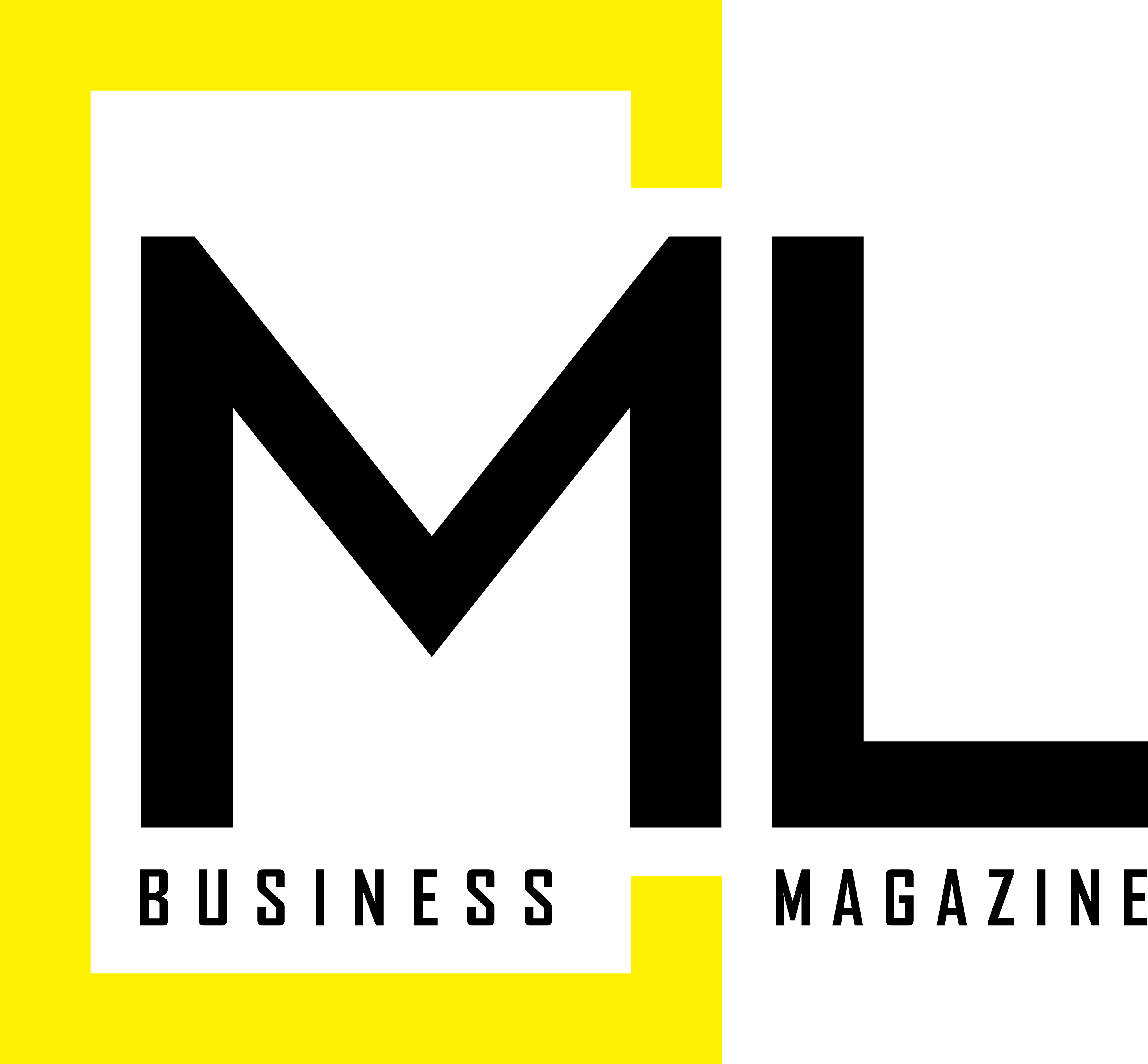Financial Intelligence: The Path to Success with Adelia Islamgulova
Adelia Islamgulova is a successful mentor in financial thinking, co-founder of Hel Dela Construction, and founder of G.Bar Limassol. She helps people develop financial intelligence and manage their finances with awareness and confidence. In this interview, Adelia shares her approaches to financial success, discusses the challenges of running a business, and explains how her experience helps overcome difficulties on the way to financial freedom.
You are a mentor in financial thinking. How do you define financial intelligence, and why do you think it is important for personal and professional success?
Financial intelligence is a person’s ability to effectively interact with money: to earn it, manage it, accumulate it, and deal with the emotions that come with it. Often, the topic of money creates internal barriers, fears, and anxiety, preventing people from making rational decisions. Financial intelligence helps you learn how to properly budget, spend wisely, and preserve capital, which is crucial for success in both personal finances and business. Our financial beliefs directly impact how we conduct ourselves. For example, my clients often notice that their business reaches a certain level of income but cannot surpass it. Once we address their financial beliefs, there is a significant jump in growth.

As the co-founder of Hel Dela Construction, how do you integrate the principles of financial thinking into managing a construction business?
Managing a construction business, like any other, starts with addressing internal barriers. My partner and I, before starting a new project, especially a large-scale one, conduct a strategic session where we discuss possible fears and concerns. We divide them into two categories: real threats and fears that have no basis in reality but may still hold us back. We work with the real threats alongside lawyers and accountants, while emotional barriers are addressed through exercises and internal work. This helps us maintain clarity and confidence during negotiations, which leads to the successful implementation of our projects. G.Bar Limassol is your own project.
What were the main challenges you faced when launching this business, and how did your experience in financial mentoring help you overcome them?
The main challenge was that I was launching a project in a new country with a culture and mentality different from what I was used to. My goal was to create a unique space for women that combined a cafe, beauty salon, and shop, but the mentality of local residents and contractors in Cyprus was much more relaxed and slow-paced. I had to find a balance between adapting to local conditions and maintaining my own pace of work. My experience in mentoring helped me quickly adjust and launch the project in just two months, which for Cyprus was an extremely fast result. Now, this place has become popular among women, bringing them together based on shared interests.
Your work spans two countries — the UK and Ukraine. What differences in financial thinking and business approaches do you see between these countries?
The main difference lies in the approach to running a business. In Ukraine, business is very dynamic and often aggressive, with short-term goals, as entrepreneurship in the country has only been around for about 30 years, and people aim to accumulate capital quickly. In the UK, businesses are built with a long-term perspective. Often companies don’t expect to turn a profit in the first few years — their goal is to create a solid foundation for decades of work, as capital is often passed down through generations. These are two very different strategies. Ukrainians quickly adapt to new conditions, while in the UK, it takes time to build a reputation and enter the market.

You actively promote financial intelligence among your followers. What three key pieces of advice would you give to those who are just starting their journey to financial literacy?
First, take responsibility for your finances. Don’t pass it off to your husband, employer, or specialists — be active in managing your money. Second, always keep track of your income and expenses, otherwise, it’s like driving a car with your eyes closed. And finally, be ambitious. Dream big and set large goals — only then can you achieve significant results. If you set small goals, the results will be equally small.



